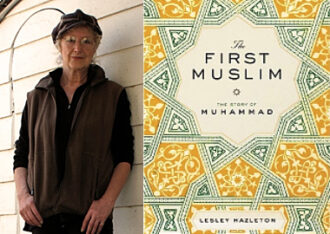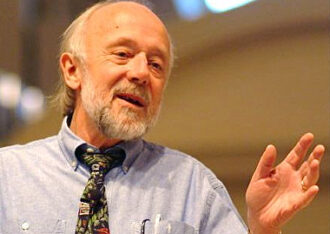
Virgins and Vampire Worship: The Religion of Twilight
The plot of Twilight: a young woman—clumsy and plain—is deeply and unconditionally loved and protected by an all-powerful, omnipotent being whose love makes her special. For a moment, Twi-hards let themselves believe, however crazy it sounds, that they too could be irresistibly beautiful one day, loved by an ideal God-man who sees them, really sees them.
Read More









